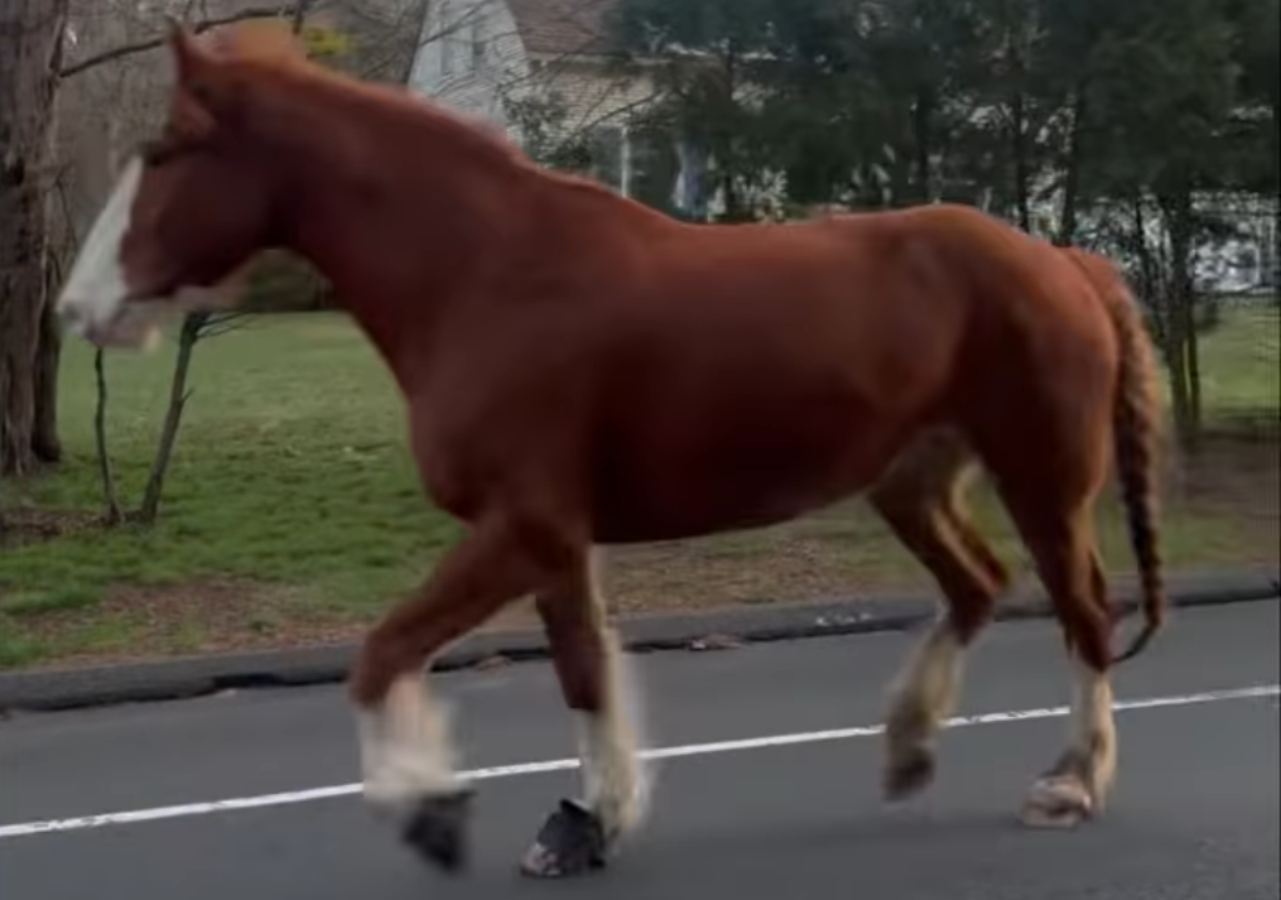The de Blasio administration hopes a database of "zombie homes" will help the city hold more financial institutions accountable for dilapidated, abandoned buildings that have plagued neighborhoods since the 2007-2008 mortgage meltdown.
Zombie homes are vacant properties that have languished for years in some stage of pre-foreclosure. In many cases, previous owners stopped paying mortgages and moved out, so the buildings have become magnets for squatters and criminal activity.
On Halloween, the NYC Department of Housing Preservation and Development held a symbolic “zombie walk,” with volunteer surveyors taking notes and pictures of abandoned homes. The information collected will ultimately help construct the zombie home database.
Using information from that database, HPD hopes to keep banks and mortgage servicers honest in their obligation to report zombie homes to New York state.
Last year, New York passed a zombie property law that requires financial institutions to inspect properties that have become delinquent on mortgages. If it turns out owners have abandoned those properties, the law requires mortgage holders to report them as zombie homes to New York State Department of Financial Services. The law also requires banks and their servicers to maintain the vacant properties, keeping them clean and safe even before final foreclosure judgements are rendered. Failing to do so could result in $500 per day fines.
Leila Bozorg, HPD deputy commissioner for community strategies, said cataloguing zombie homes will allow the city to compile evidence of vacancy, in essence forcing banks and their servicers to be honest about which homes are truly abandoned.
"We do have some reason to believe that there could be mortgage holders that aren't going to be abiding by the new law," Bozorg said.
Local
Once the zombie database is complete, HPD intends to identify neighborhood patterns and use the data to predict where future zombie homes might sprout up. In some cases, the data could be used to direct more foreclosure prevention resources to those areas. In other cases, the city might decide to acquire at-risk properties through a nonprofit community land trust.
Bozorg estimated there are between 2,000 and 4,000 zombie homes in the city.



